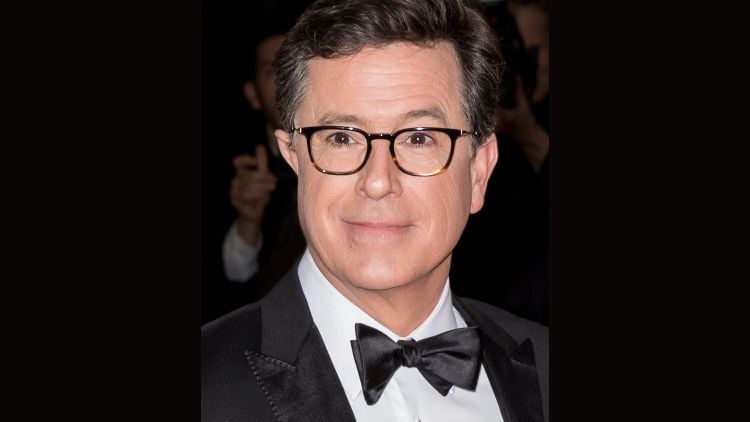CBS announced Thursday that The Late Show with Stephen Colbert will end in 2026. ‘THE LATE SHOW with STEPHEN COLBERT’ will end its historic run in May 2026 at the end of the broadcast season,” CBS said in a statement. “We consider Stephen Colbert irreplaceable and will retire ‘THE LATE SHOW’ franchise at that time. We are proud that Stephen called CBS home. He and the broadcast will be remembered in the pantheon of greats that graced late night television.”
“I found out just last night, next year will be our last season,” host Stephen Colbert told his studio audience in a video shared on Instagram. “The network will be ending ‘The Late Show’ in May.”
He continued, “It’s not just the end of our show, but it’s the end of ‘The Late Show’ on CBS. I’m not being replaced. This is all just going away.”

In a clip posted by The Late Show, audience members could be heard booing in response to the news.
“I do want to say that the folks at CBS have been great partners,” Colbert added. “I’m so grateful to the Tiffany network for giving me this chair and this beautiful theater to call home. And of course, I’m grateful to you, the audience, who have joined us every night in here, out there, all around the world.”
The Late Show is a long-running late-night talk show on CBS that Stephen Colbert began hosting in 2015, succeeding David Letterman. Known for its blend of political satire, celebrity interviews, and comedy sketches, Colbert’s version brought a sharper political edge to the show, particularly during election cycles and major national events. Under his leadership, The Late Show became the most-watched late-night program in the U.S. for several years, earning critical acclaim and multiple Emmy nominations.
Colbert had been vocal in criticizing Paramount for settling former President Donald Trump’s lawsuit over CBS’ handling of a 60 Minutes interview with then-Vice President Kamala Harris ahead of the election. The settlement was finalized earlier this month.
According to Fox News, some staff within Paramount were concerned that not resolving the lawsuit could jeopardize the company’s planned merger with Skydance, which requires FCC approval.